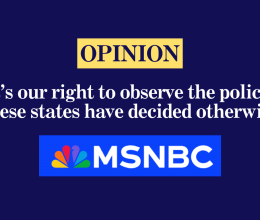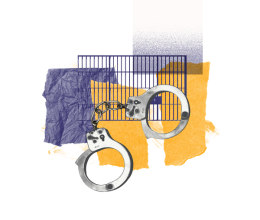NEW ORLEANS — The New Orleans City Council yesterday unanimously approved an ordinance that will eliminate bail for most nonviolent municipal offenses, becoming the first major city in the state to pass a meaningful bail reform plan. The fight for bail reform in New Orleans has been tirelessly led by the Orleans Parish Prison Reform Coalition (OPPRC), of which the ACLU of Louisiana is a founding member.
Dozens of community leaders and advocates came out to the City Council meeting for the vote, with several—including ACLU of Louisiana Executive Director Marjorie R. Esman—speaking in favor of the ordinance.
Even after significant reductions in the jail population, New Orleans remains one of the most incarcerated cities in the most incarcerated state in America. Ninety percent of the jail population in New Orleans is people who are awaiting trial—and most are only there because they can’t afford their bond. This has created a de facto debtor’s prison, where those able to pay their bond go free and those too poor to pay are left imprisoned for days, weeks, and even months. Since poverty in New Orleans disproportionally affects communities of color, so too is the jail population disproportionately Black and brown. And as reported by the Prison Policy Institute, locking up the poor leads to an endless cycle of poverty and jail time.
The new bail reform ordinance is a crucial first step in breaking this destructive cycle, allowing those charged with minor, nonviolent municipal offenses to go on living their lives while awaiting trial – to keep their jobs, care for their families, and continue contributing to their communities. It will also further reduce the daily jail population, and lead to a long-term improvement to public safety. This kind of reform is essential if we are to truly combat the root causes of mass incarceration in Louisiana.
The City of New Orleans has long been a leader for the rest of the state in progressive change. It’s our hope that other cities and jurisdictions around Louisiana will follow New Orleans once again, and recognize the urgent need for reform.






